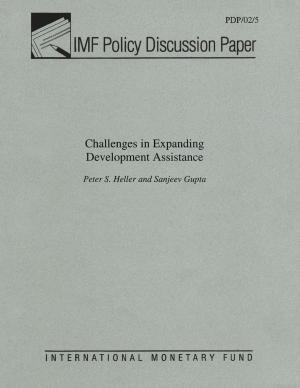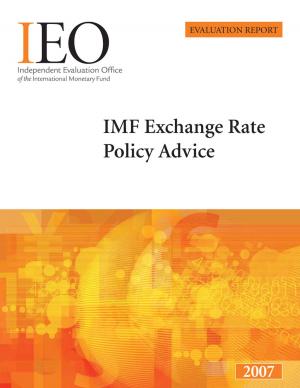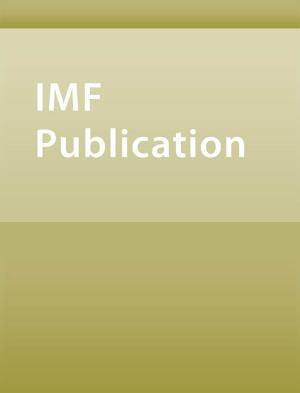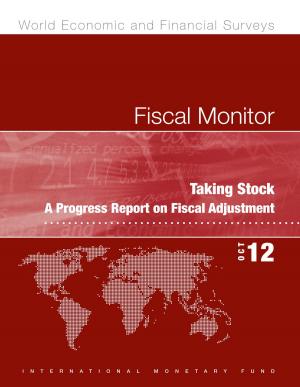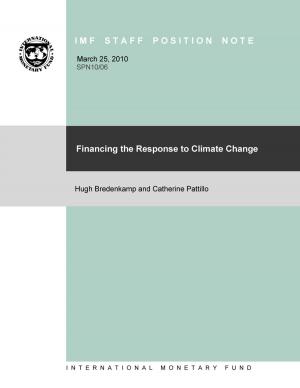Intraregional Trade in Emerging Asia
Business & Finance, Economics, Money & Monetary Policy, International Economics, Nonfiction, Social & Cultural Studies, Political Science, Politics, Economic Policy| Author: | Harm Mr. Zebregs | ISBN: | 9781455232642 |
| Publisher: | INTERNATIONAL MONETARY FUND | Publication: | April 1, 2004 |
| Imprint: | INTERNATIONAL MONETARY FUND | Language: | English |
| Author: | Harm Mr. Zebregs |
| ISBN: | 9781455232642 |
| Publisher: | INTERNATIONAL MONETARY FUND |
| Publication: | April 1, 2004 |
| Imprint: | INTERNATIONAL MONETARY FUND |
| Language: | English |
The share of emerging Asia in world trade has increased sharply over the past 25 years. A large part of this increase is the result of booming intraregional trade. This paper investigates the key factors behind the rapid increase in intraregional trade among economies in emerging Asia and its implications for the dependency of economies in the region on the business cycles in the EU, Japan, and the United States. The rise in intraregional trade is largely driven by rapidly growing intra-industry trade, which is a reflection of greater vertical specialization and the dispersion of production processes across borders. This has led to a sharp rise in trade in intermediate goods among economies in emerging Asia, but the EU, Japan, and the United States remain the main export markets for final goods.
The share of emerging Asia in world trade has increased sharply over the past 25 years. A large part of this increase is the result of booming intraregional trade. This paper investigates the key factors behind the rapid increase in intraregional trade among economies in emerging Asia and its implications for the dependency of economies in the region on the business cycles in the EU, Japan, and the United States. The rise in intraregional trade is largely driven by rapidly growing intra-industry trade, which is a reflection of greater vertical specialization and the dispersion of production processes across borders. This has led to a sharp rise in trade in intermediate goods among economies in emerging Asia, but the EU, Japan, and the United States remain the main export markets for final goods.

